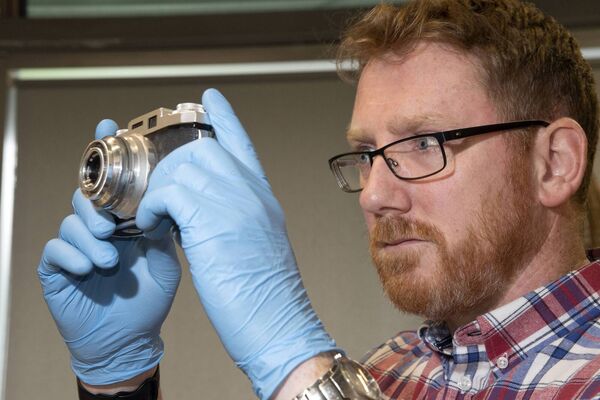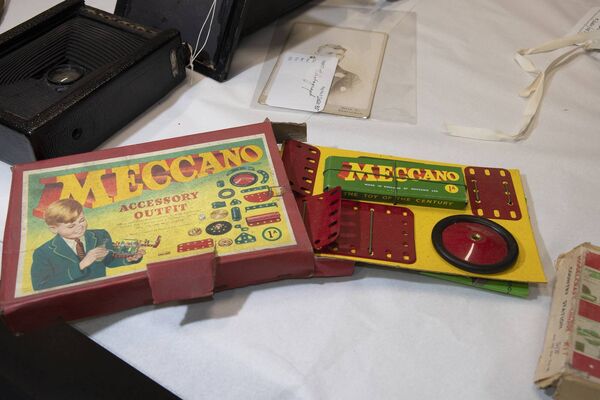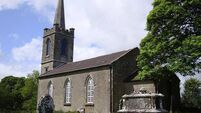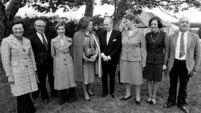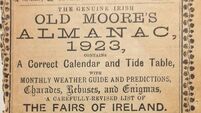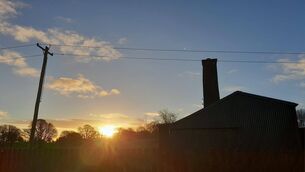A valuable, unbroken record from an iconic Mayo business
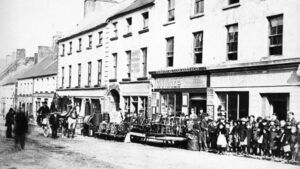
Wynne's was one of the most iconic businesses on Castlebar's main street for more than a century.
For almost 150 years, the Wynne family ran a successful business in Castlebar. The business was established by Thomas Wynne in the early 1860s on Castle Street initially, and later it moved to Main Street. In late 2020, the National Museum of Ireland - Country Life in Turlough Park, Castlebar acquired much of the contents of the Market Street building then owned by the Wynne’s.
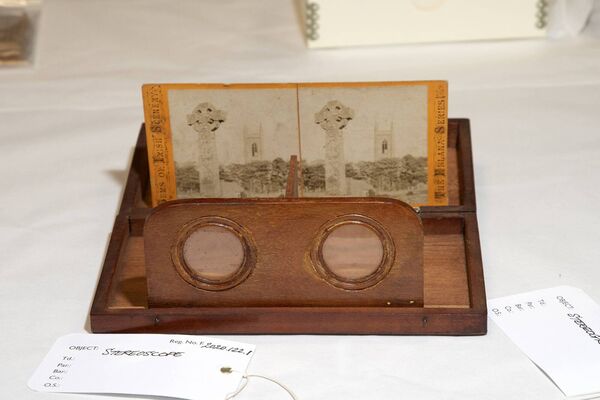
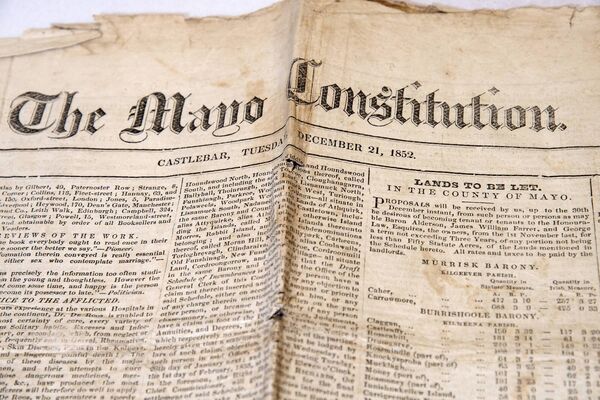
Thomas J. Wynne was born in 1838, probably in the United States to an Irish-American mother, and is thought he was raised in the States before returning to his Irish roots and moving to Mayo at the age of 22.
